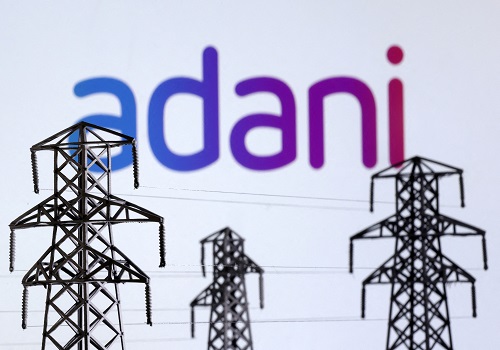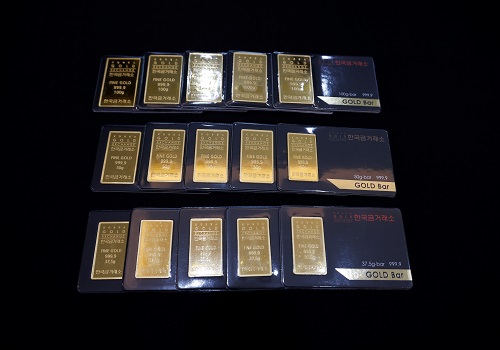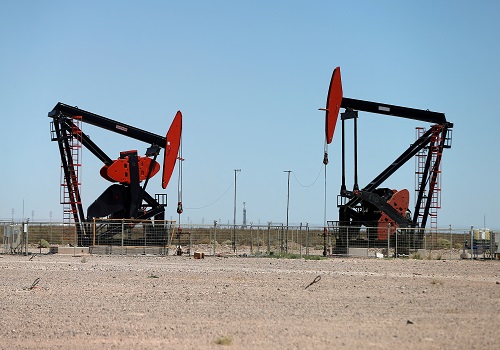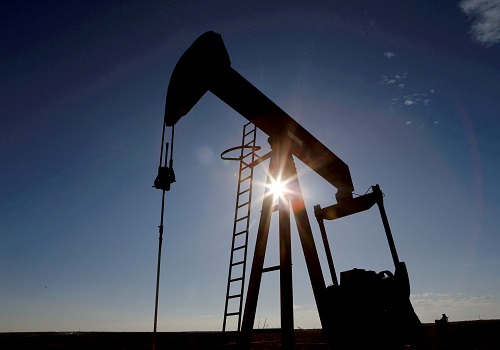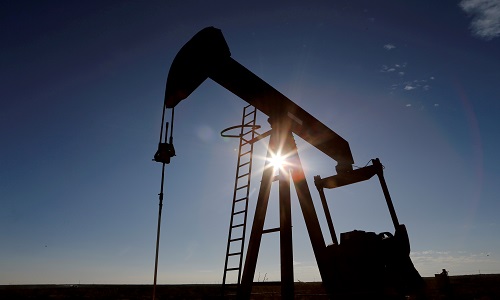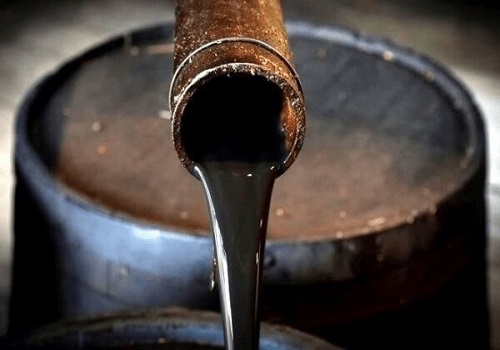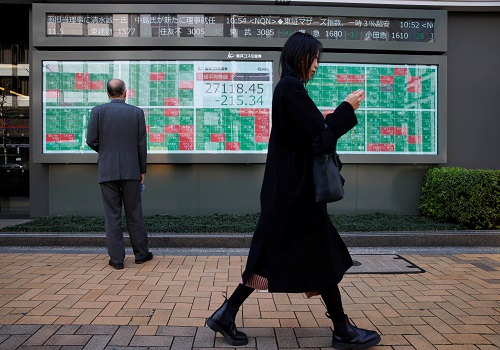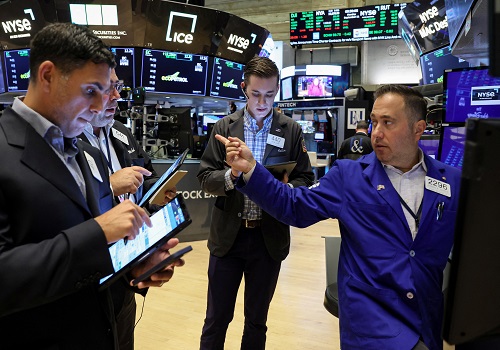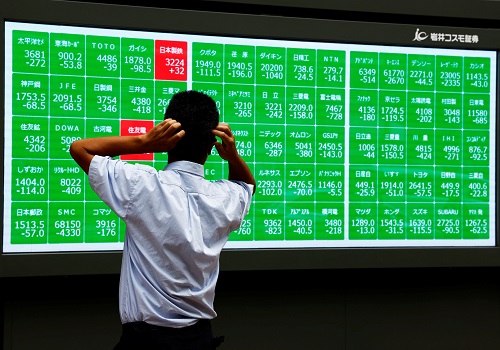Stocks, oil, bond yields edge up ahead of expected new Russia sanctions
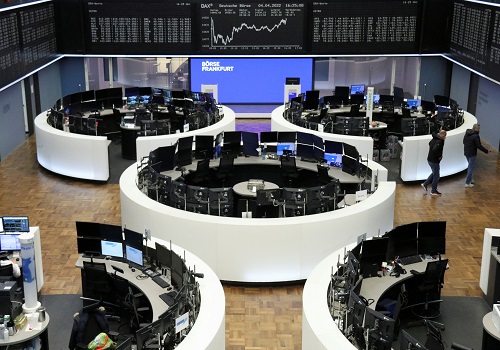
Follow us Now on Telegram ! Get daily 10 - 12 important updates on Business, Finance and Investment. Join our Telegram Channel
LONDON - Traders were back on sanctions and stagflation watch on Tuesday as oil and inflation-sensitive bond yields went higher and stock markets drooped ahead of an expected tightening of Western measures against Moscow.
Europe's STOXX 600 index saw modest gains fizzle out, Wall Street's S&P 500 futures were 0.2% lower, while the euro was starting to backslide again after dropping 2% against the dollar in recent days. [.EU][/FRX][.N]
With investors waiting on the new batch of sanctions - most likely on Wednesday according to France's European Affairs Minister - oil was up 1%, lifting benchmark German Bund and U.S. Treasury bond yields again in the process.
Ewan Markson-Brown, a fund manager at CRUX Asset Management, said the path was now towards a brief stint of stagflation - where high inflation stalls economic growth - but would be highly dependent on how the war in Ukraine progresses, and how policymakers in the U.S. and China manage their respective economic challenges.
"I think we have had the main (sanctions) crunch already. The variable will be if Germany stops taking Russian gas," Markson-Brown said. "That is something that would definitely take the European markets down."
An EU source told Reuters the European Commission wasn't currently looking to go that far, and would instead propose coal, wood and chemicals bans as well as new limits on shipping and trucking and on banks and technology.
Asia had seen Shanghai locked down again although with China and Hong Kong markets closed for a holiday, MSCI's broadest index of Asia-Pacific shares advanced to its highest since Russia sent its troops into Ukraine on Feb. 24.
Japan's Nikkei also closed up 0.2%, South Korean stocks added 0.1%, while the Australian dollar jumped to a nine-month high of $0.7612 after its central bank signalled it was preparing to raise its interest rates.
"The Board will assess this and other incoming information as its sets policy," RBA Governor Philip Lowe said, omitting any reference made in previous statements to the Board being patient.
RUSSIA DEFAULT
In bond markets, the move up in the benchmark government bond yields that tend to drive global borrowing costs resumed.
Soaring global energy and food prices mean almost 60% of developed economies now have year-on-year inflation above 5%, the largest share since the late 1980s, while it is over 7% in more than half of the developing world.
The U.S. 10-year Treasury yield rose 6.5 bps to 2.6228% on Tuesday, meaning the closely-tracked 2-10 year yield curve was still 'inverted'.
Germany’s 10-year bond yield, the euro zone benchmark, also rose 5 basis points (bps) to 0.565%, while the 'spread' - or risk premium - between French and German 10-year yields hit the widest since April 2020 ahead of presidential elections in France on April 10. Polls show far-right candidate Marine Le Pen is gaining ground on incumbent Emmanuel Macron.
U.S. stock futures were fractionally lower have climbed on Monday, supported by tech shares. [.N]
"Geopolitical shocks historically did not tend to dominate the markets for long," global markets strategists at JPMorgan said referring back to the Russia and Ukraine war, but also adding that U.S. rate hike cycles don't tend to hurt markets much, "at least not in the early stages".
The prospect of a Russian sovereign debt default was back in play too, after U.S. authorities prevented banks there from processing Moscow's latest government bond payment, after weeks of allowing them to do so.
Global markets were otherwise looking to Wednesday's release of minutes from the Federal Reserve's last policy meeting for hints on how much the U.S. central bank will raise interest rates next month. The ECB will publish its equivalent minutes on Thursday.
The potential for more sanctions meant oil prices resumed their rise in commodity markets, along with signs that Iran nuclear talks had stalled. [O/R]
Brent crude futures gained over 1% to $109 a barrel. U.S. West Texas Intermediate futures rose 1.6%. Copper sagged 0.6%, though gold picked up 0.2% to $1,935 per ounce.
"The base case is that we enter a period of stagflation, but it is short lived," CRUX's Markson-Brown said, referring to the phenomenon where inflation soars but growth grinds to a halt.














